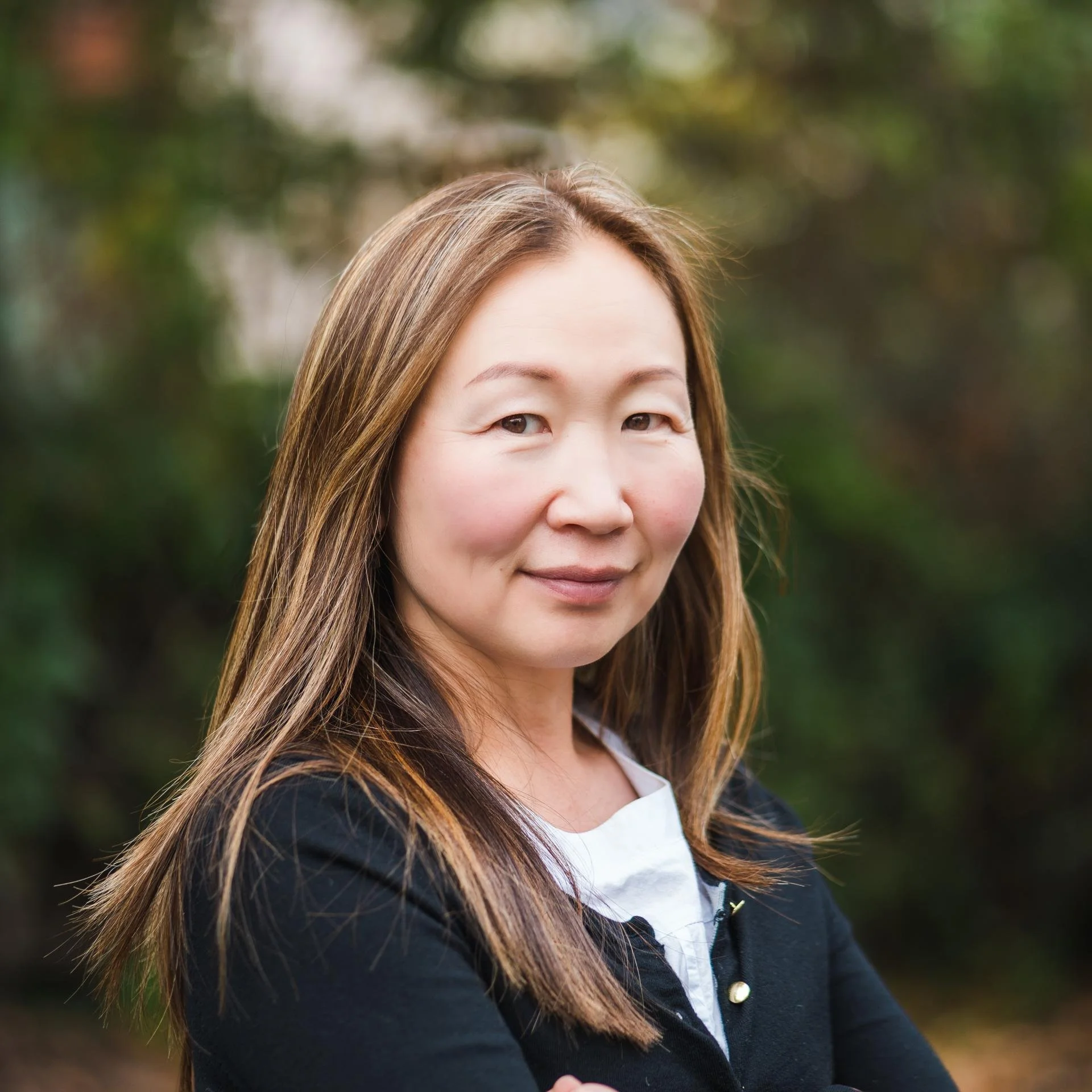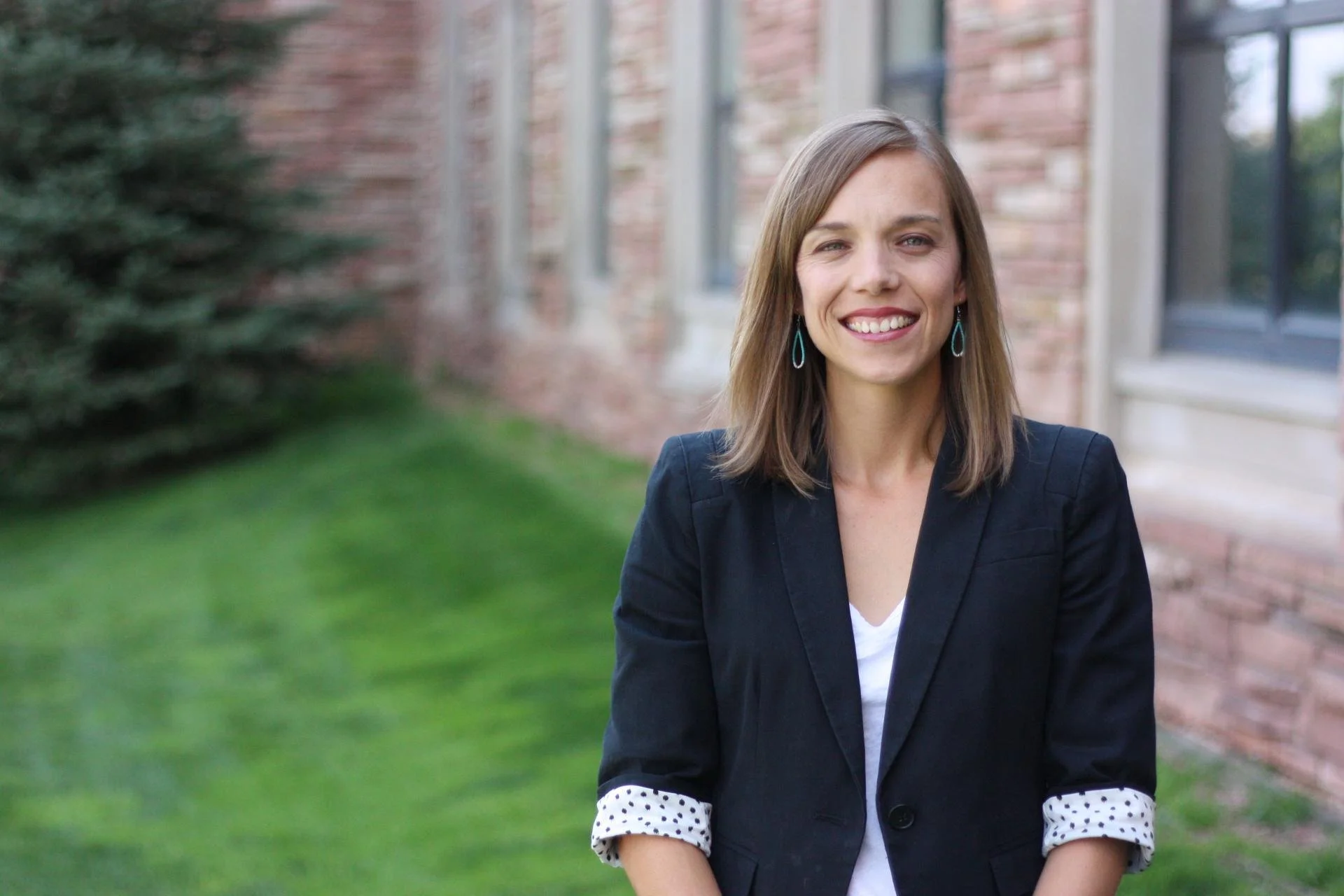SIRGE Coalition Steering Committee
The Steering Committee includes two representatives of Indigenous Peoples from each of the seven socio-cultural regions across the globe, the Chair of Steering Committee, and the Chair of Executive Committee.
-

Pavel Sulyandziga (Udege), Chair of Steering Committee
Pavel Sulyandziga is a Russian Indigenous rights activist living in the United States on political asylum. He is a representative of the Udege Nation. Pavel has great experience in protecting the rights of Indigenous Peoples. He was a member of the UN Permanent Forum on Indigenous Issues (2005-2010) and a member and Chair of the UN Working Group on Human Rights and Transnational Corporations and Other Business Enterprises (2011-2018). Pavel is the Chairman of the Board of the International Indigenous Fund for Development and Solidarity "Batani (Batani Foundation). Pavel Sulyandziga is an honorary professor at the UNESCO Faculty at Novosibirsk State University, Ph.D. (Economic Sciences).
-

Galina Angarova (Buryat), Chair of Executive Committee
Galina Angarova is the Executive Director of the SIRGE Coalition. She is the former Executive Director of Cultural Survival. Galina previously served as Program Officer at the Swift Foundation, and prior to that, as Policy and Communications Advisor for Tebtebba. She has represented the Indigenous Peoples’ Major Group at the UN on issues such as the Sustainable Development Goals and the Post-2015 Development Agenda and has led Indigenous experts to review safeguards for Indigenous Peoples for the UN Framework Convention on Climate Change’s Green Climate Fund. Previously, Galina was the Russia Program Director at Pacific Environment, where she organized direct actions to block pipeline construction in the Altai region of Siberia, to close a toxic paper mill on Lake Baikal, and to stop a hydro-dam from flooding Evenk Peoples’ lands. Galina holds a Master’s degree in Public Administration from the University of New Mexico and served on the board of International Funders for Indigenous Peoples for seven years.
-

Hindou Oumarou Ibrahim (Mbororo), Chad, Africa
Hindou Oumarou Ibrahim began advocating for Indigenous rights and environmental protection at age 16, founding the Association for Indigenous Women and Peoples of Chad (AFPAT) to introduce new income revenue activities for women and collaborative tools such as 2D and 3D participatory mapping to build sustainable ecosystems management and reduction of nature-based resource conflicts. She is a member of the Indigenous Peoples of Africa Coordinating Committee (IPACC) and served as co-chair of the International Indigenous Peoples Forum on Climate Change during the historic UN Climate Change Conference (COP21) in Paris. Currently cochair of the Facilitative Working Group of the Local Communities and Indigenous Peoples Platform (LCIPP) and cochair of the International Indigenous Peoples Forum (IIPFCC) on Climate Change for COP27 in Africa Egypt. UNPFII African member and Vice-Chair nominated by Indigenous African Peoples’ organizations.
-

Gideon Sanago (Maasai), Tanzania, Africa
Gideon Abraham Ole Sanago is a Tanzanian Maasai Indigenous person, born in Maasai land in Simanjiro District, Manyara Region in Tanzania. He holds a Bachelor Degree in Environment and Climate Change from the Open University of Tanzania. He is working with Pastoralists Indigenous Non Governmental Organizations (PINGO’s Forum) as a Coordinator for Climate Change. A member of the Global Steering Committee of the International Indigenous Peoples Forum on Climate Change representing Africa Region.
-

Dalee Sambo Dorough (Inuit), USA, Arctic
Dr. Dalee Sambo Dorough is the elected International Chair of the Inuit Circumpolar Council, a non-governmental organization that represents approximately 180,000 Inuit from the Russian Far East, Alaska, Canada and Greenland. She holds a Ph.D. from University of British Columbia, Faculty of Law (2002) and a Master of Arts in Law & Diplomacy from The Fletcher School at Tufts University (1991). She is affiliated with the University of Alaska Anchorage where she served as an Assistant Professor of International Relations within the Department of Political Science from 2008-2018; former Chairperson [2014] and Expert Member of the UN Permanent Forum on Indigenous Issues (2010-2016); and co-Chair of the International Law Association (ILA) Committee on Implementation of the Rights of Indigenous Peoples.
-

Sonia Smallacombe (Maramanindji), Australia, Pacific
Sonia Smallacombe is a member of the Maramanindji Peoples from the Daly River region of the Northern Territory. Sonia is an experienced Senior Research Officer with a demonstrated history of working in the higher education industry. Skilled in International Relations, Non-Governmental Organizations (NGOs), Research, Public Policy, and Capacity Building. Strong research professional with a Master of Arts (M.A.) focused in Political Science from University of Melbourne. She worked as a Social Affairs Officer with the United Nations Permanent Forum on Indigenous Issues for eleven years. Prior to joining the UN, Sonia was a Senior Lecturer in the School of Australian Indigenous Knowledge Systems, Charles Darwin University.
-

Te Ngaehe Wanikau (Māori), New Zealand, Pacific
Te Ngaehe Wanikau is an advocate for Māori self-determination and also support his Tribe to mediate, negotiate, strategise and communicate to effect co-governance and co-management of their environment within our tribal district with Crown agencies. He has served as Te Poari Mahi (Operational Team Member) since 2018 at Te Kotahitanga o Ngāti Tuwharetoa enabling hapū and iwi aspirations, strategic planning, engagement strategy, planning and analysis, internal and external relationship building. From 2015 – 2018, he served as Iwi Negotiator at Tuwharetoa Hapū Forum and was responsible for tribal settlement negotiations with Crown, risk management, overlapping iwi engagement. From 2004-2009, he served as Tumuaki (Chief Executive) at Te Whare Aronui o Tuwharetoa.
-

Carlos Mamani Condori (Aymara), Bolivia, Central, South America and the Caribbean
Carlos Mamani is a Bolivian professor, researcher, and campaigner for the rights of Indigenous communities. Being an Aymara Indian, he is of indigenous origin himself and has first-hand experience of indigenous culture and of the discrimination faced by his people. He became known during the 1990s for his work promoting the ayllu system of governance in Bolivia, an indigenous land-management method which existed in the pre-Inca era. For this, he was elected to the Ashoka Fellowship, a worldwide network of social entrepreneurs dedicated to changing the world. Since then, Carlos has continued to work tirelessly to discover and disseminate knowledge about indigenous cultures and is regarded as a world expert on the topic.
-

Lesley Muñoz Rivera (Colla), Chile, Central, South America and the Caribbean
Lesley Muñoz Rivera (Colla) belongs to the community of Copiapó in Chile. She graduated with a law degree from the University of Atacama and holds an international certificate in Human Rights, Indigenous Peoples, and Public Policies. She is part of her community’s leadership council (2020-present) and part of Observatorio Plurinacional de Salares Andinos (2017-present). She is a Colla representative of the Secretariat for Indigenous Participation and Consultation during the constitution reform process in Chile. She is an activist and a defender of the rights of Indigenous peoples who are threatened by mining activities for gold, silver, copper and now due to the “green” energy transition, lithium.
-

Kate R. Finn (Osage), USA, North America
Kate R. Finn is the Founder and Executive Director of Tallgrass Institute, an organization that works to build corporate accountability to the rights of Indigenous Peoples at the intersection of law, finance and business. Kate’s areas of focus and expertise include Indigenous Peoples law and policy, federal Indian law, preventing violence against women, sustainable finance, and business and human rights. Her recent work focuses on articulating the impacts of development in Indigenous communities as well as business and financial risks to forecast the materiality and opportunity of embedding respect for Indigenous Peoples into routine business operations. She serves on the boards of First Nations Community Financial, Unified Solutions Tribal Community Development Group, Cultural Survival, and on the Stewardship Circle of Adasina Social Capital. Kate is an enrolled citizen of the Osage Nation.
-

Gary McKinney (Shoshone Paiute), USA, North America
Gary McKinney, he/him, is a Shoshone Paiute descendant, from the Duck Valley Indian Reservation in Nevada. He is a sanctioned member of the American Indian Movement, northern Nevada Chapter Council Member. Gary stands for the protection of sacred sites that belong to the original inhabitants of what is known today as Nevada, Oregon, and Idaho. Mining has always been in Northern Nevada and has displaced many generations of Indigenous Peoples and affected significant sites afterwards. Gary and others work to protect those sacred areas. Today, he stands with Atsa Koodakuh wyh Nuwu in the Thacker Pass Lithium Mine resistance. Much of the mining that’s taken place around the Great Basin area in Nevada has been desecrating significant places to Paiute and Shoshone people. Treaties have been offered in United States history to these Tribes without ratification pertaining to the areas prospected for extraction by foreign corporations. We seek to get some Land Back.
-

Rodion Sulyandziga (Udege), Russian Far East, Eastern Europe, the Russian Federation, Central Asia, and the Caucasus
Since 2000, Rodion Sulyandziga served as the Director of the Centre for support of Indigenous Peoples of the North\Russian Indigenous Training Centre (CSIPN/RITC) with the Consultative status of the United Nations Economic and Social Council (ECOSOC). Rodion has served in several Boards as Chair and Board member including the Arctic Council Indigenous Peoples’ Secretariat (IPS), the Indigenous Peoples Global Coordination Group for the UN World Conference on Indigenous Peoples 2014 and the Indigenous Peoples Global Steering Committee on climate change. From 2019 to 2022 he was a member of two UN bodies: Expert Mechanism on the Rights of Indigenous Peoples (EMRIP, Geneva) under the HRC and Local Communities and Indigenous Peoples Platform on climate change under the UNFCCC (Bonn) representing the region of Eastern Europe, Russia, Central Asia and Transcaucasia.
-

Gennady Schukin (Dolgan), Russian North, Eastern Europe, the Russian Federation, Central Asia and the Caucasus
Gennady Kirillovich Shchukin was born in 1962. He is the chairman of his ancestral community of "Amyaksin" (Bear). He was elected President of the Local Association of the Public Organization of Indigenous Peoples of the North of the Taimyr Dolgan-Nenets municipal District, where the organizations Union Dolgan, Union Nganasan, Union of Evenks, Union of Ents are united, and we provide and conduct the activities of more than 110 communities of Indigenous Peoples of Taimyr. He was also elected as Secretary of the Aboriginal Forum of Indigenous Peoples of Russia.
-

Pasang Dolma Sherpa (Sherpa), Nepal, Asia
Pasang Dolma Sherpa is the Executive Director of Center for Indigenous Peoples' Research & Development (CIPRED), working with Indigenous Peoples, Women and Local Communities for the recognition of Indigenous peoples’ knowledge, cultural values and customary institutions that contribute to sustainable management of forest, ecosystem, biodiversity and climate resilience for more than a decade. Ms. Sherpa obtained her PhD at Kathmandu University in 2018 on Climate Change Education and its Interfaces with Indigenous Knowledge. She has already served as Co-Chair of International Indigenous Peoples’ Forum on Climate Change (IIPFCC), Co- Chair of Facilitative Working Group (FWG) of Local Communities and Indigenous Peoples’Platform (LCIP) of the United Nations Framework Convention on Climate Change (UNFCCC), to the board of UN-REDD, Participant Committee of FCPF, World Bank. Presently, she is the Chair of Specialist Group on Indigenous Peoples' Customary and Environmental Laws and Human Rights (SPICEH) within CEESP-IUCN, visiting faculty at Kathmandu University, Steering Committee member to the White Papers lead by IPCC, UNESCO and ECOMOS, Advisor to the Once Ocean Hub based in UK, Advisor to the CMA based in Canada as well as representing in the different forums, networks and institutions both at national and international levels.